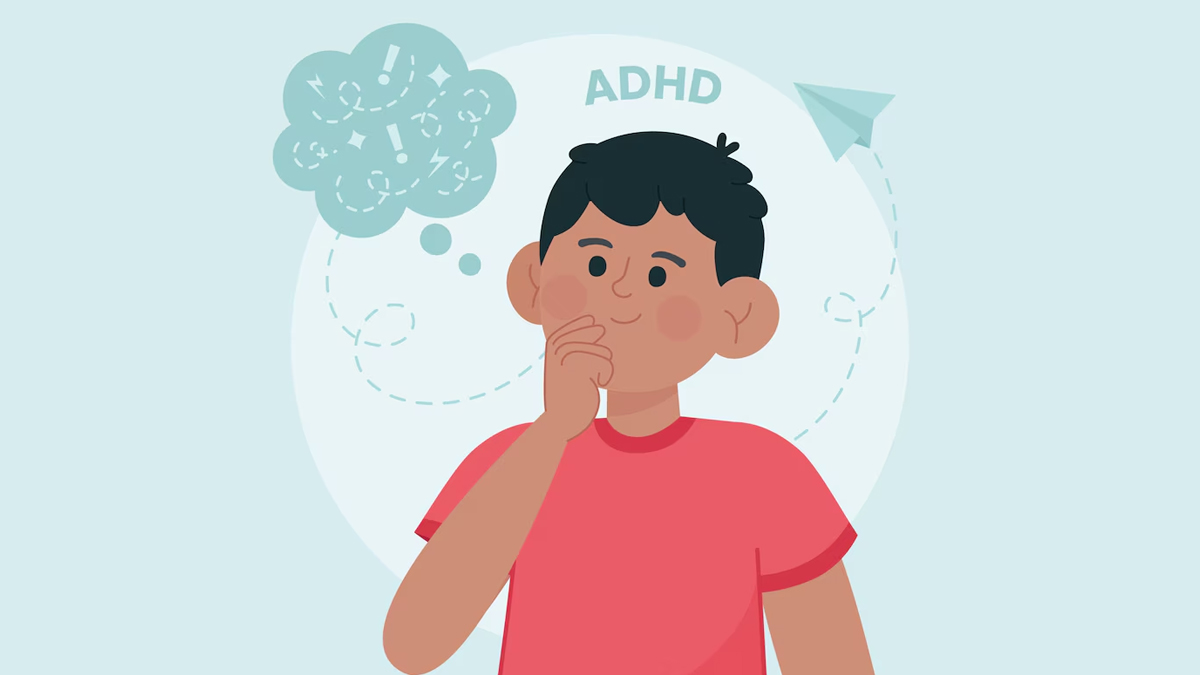
Time blindness is a common experience, particularly among those with Attention-Deficit/Hyperactivity Disorder (ADHD) and autism. They struggle to gauge the passage of time accurately and estimate how long tasks will take. This is something everyone experiences at times; when engaged in a deep conversation with a friend, time seems to fly by. However, people with ADHD and autism might find it more difficult to keep track of time. These individuals may struggle with meeting deadlines and planning and feel that their internal clock is faulty. They get easily absorbed in activities without realising how much time has passed.
Table of Content:-
On this World Autism Day, which is observed on 2nd April, every year, we spoke to Sumalatha Vasudeva, Psychologist, Gleneagles BGS Hospital, Kengeri, Bengaluru, who explained why traditional schedules do not work for neurodivergent minds.
Signs of Time Blindness
Here are signs of time blindness that you should watch out for, as listed by Vasudeva:

- Missed deadlines: Difficulty tracking and meeting deadlines can lead to missed appointments and incomplete assignments.
- Procrastination: They may delay tasks because they struggle to gauge the time available.
- Tardiness: They frequently arrive late to meetings and gatherings.
- Poor time estimation: It is common for them to underestimate or overestimate the time required.
- Impulsivity: Acting without planning or making decisions without considering the long-term consequences.
- Overcommitting: Taking on too many tasks without realising how long they will take, often leading to stress and anxiety.
Risk Factors Of Time Blindness

- Neurological factors: Differences in brain functions
- Underlying ADHD or ASD: Cognitive and neurological factors contributing to difficulty with time-related tasks.
- Cognitive processing differences: Changes in brain chemistry that affect time perception.
- Emotional dysregulation: Individuals with time blindness may struggle to regulate their emotions, losing track of time during emotional highs or lows.
According to a 2016 study, time awareness is a fundamental element in understanding more complex past, present, and future ideas. These concepts create an intellectual framework that influences our daily thoughts, intentions, and actions.
Also Read: From Desk to Diseases, Here’s How Sitting For Long Hours Can Harm Your Health
Automatic Attention and Directed Attention
- Automatic attention: It occurs when you're deeply engaged in an enjoyable activity, making time feel like it is passing quickly.
- Directed attention: Used for tasks that require effort but may not be enjoyable, such as listening to a long lecture or paying bills.
Most of the time during automatic attention time blindness is experienced.
"For neurotypical individuals, the passage of time is often a linear concept: hours, minutes, and seconds tick away predictably, and these markers help guide behaviours and actions. However, for many individuals with autism, time can feel abstract, elusive, and disconnected from the reality of everyday life. The inability to naturally gauge how much time has passed or remains in a given situation makes it harder for autistic individuals to organise their thoughts, manage tasks, or plan future events," explained Vasudeva.
The tendency to be late to crucial appointments for individuals with time blindness can strain relationships. However, improving time management skills can help repair these relationships. In some cases, individuals with ASD may find it more difficult than others to remember the order in which past events occurred.
Since time blindness can seriously hinder academic, workplace, and relationship success, it is crucial to develop skills for recognising and managing the passage of time.
Tips For Managing Time Blindness
Follow these expert-recommended tips to manage time blindness:

- Break down tasks into smaller components: Split larger tasks into more manageable steps, each with its timeframe.
- Utilise reminders: Use alarms or timers on your phone or clock to alert you about specific tasks.
- Create daily routines: Develop consistent daily habits. Regularity can assist in managing your internal clock.
- Communication: Communicate openly with loved ones to prevent misunderstandings and relationship difficulties.
- Ask for help: Seek support if managing time blindness feels overwhelming.
- Plan it out: Establish a visual schedule or to-do list with clear time blocks for each activity.
Also Read: What Is Cognitive Shuffling And How Can It Help You Stop Overthinking At Bedtime?
How Is Time Blindness Treated?
- Cognitive Behavioural Therapy (CBT): CBT helps you develop better time management skills and become more aware of time-related challenges.
- Medication: Stimulant medications may help improve time perception by regulating dopamine levels, and influencing attention and time awareness.
- Psychotherapy: Working with a therapist specialising in time management and cognitive functioning can provide valuable guidance and strategies.
[Disclaimer: This article contains information provided by an expert and is for informational purposes only. Hence, we advise you to consult your professional if you are dealing with any health issue to avoid complications.]
Also watch this video
How we keep this article up to date:
We work with experts and keep a close eye on the latest in health and wellness. Whenever there is a new research or helpful information, we update our articles with accurate and useful advice.
Current Version